I spent a large part of my summer thinking and learning about disability. Sounds silly right?
After all, I shouldn’t need to learn about disability since I live it—having relied on a wheelchair for the last ten years, but now I see disability differently. I better understand the societal, financial, and political realities of having a disability. Plus, I know that there is more to disability than not being able to walk. Disability includes many other deficits, be that hearing, vision, or cognition. And I realize this not only because of my graduate classes at CMU either.
In fact just the other day, fellow MS blogger Michael Gerber wrote in his blog Perspective Is Everything, about this very subject. He writes, “Am I disabled? NO. To call myself disabled would be to say that there is something wrong with me as a person. I am a fully functioning, living person who, among other things, has and lives with a disability. I lead an amazing and incredible life, filled with love, family, friendship, adventure and romance. There are plenty of able-bodied people living in this world who do not have the life I have or the ability to think, feel or communicate as I do. That is their disability. Mine is that I don’t walk so good.” While Michael definitely has given me another way to think about disability and I understand his point, I am comfortable acknowledging the truth that I have a disability.
I am unable to walk. I am disabled. Yes, truth be told, part of me is broken. I dislike admitting that but spend a few seconds with me and you’ll see it.
Yes, I am disabled.
Plain and simple, and according to Robert McRuer’s book Crip Theory, the truth is that “If we live long enough, disability is the one identity we will all inhabit.” Author Tobin Siebers adds to this writing in his book, Disability Theory: “Only fifteen percent of people with disabilities are born with their impairments. Most people become disabled over the course of their life.”
I’m not sure if those facts make you uncomfortable and that is not my intent. Really it isn’t. But the truth is that most people do not want to consider that their life’s journey will take them from ability to disability. I really only wanted to give you something to think about.
So did I? And if I did make you think, did I scare you? If so, ask yourself why?
Care to share your thoughts?
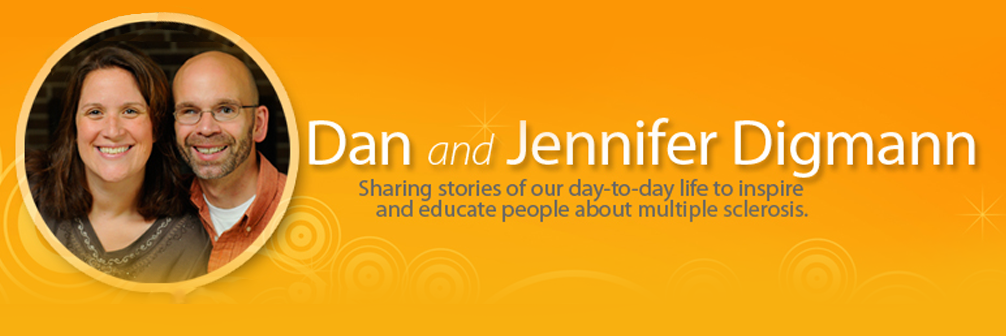
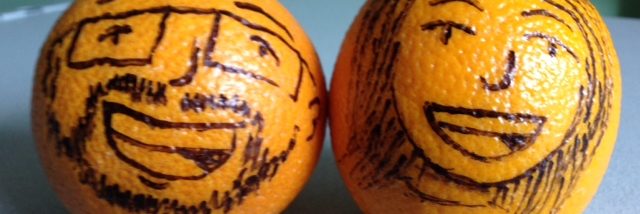
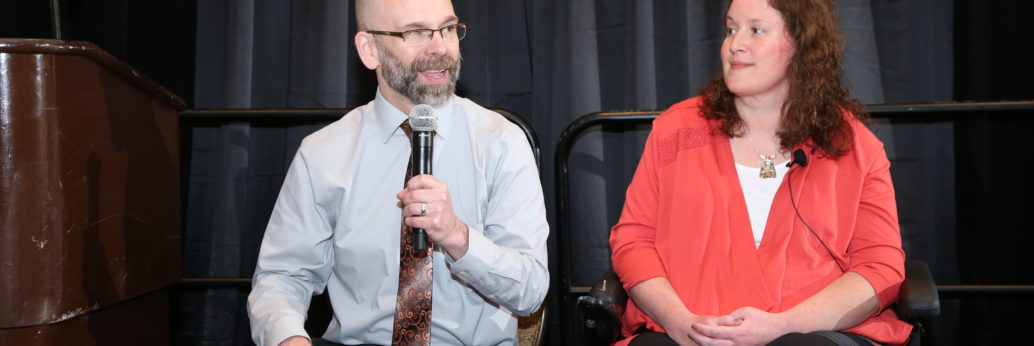
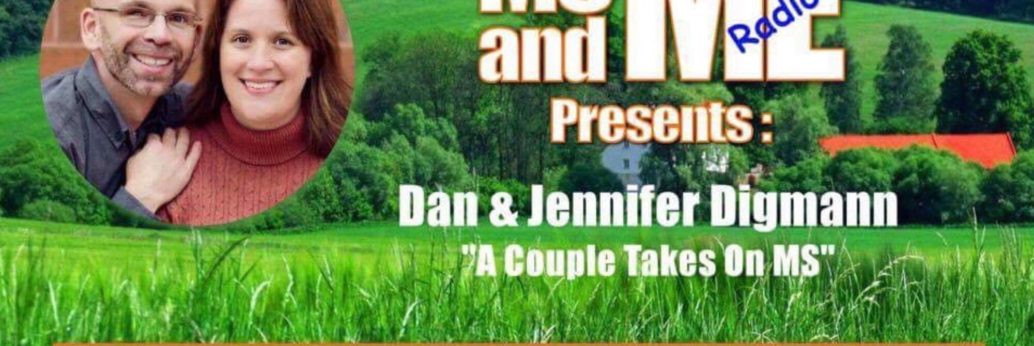
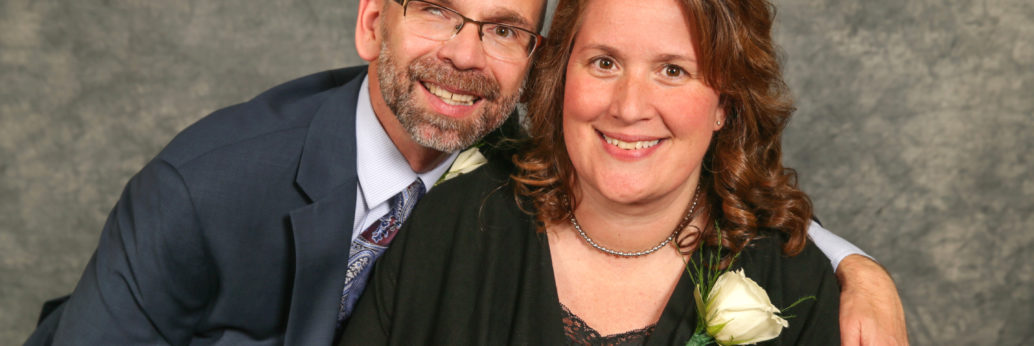
I’m still wrapping my tongue around saying that I’m disabled. True, it’s been eight years since I was diagnosed, and also true, I’ve declined a great deal over those years. I have difficulty walking, using my right hand, and keeping balanced, but there’s still a great deal I CAN do! So, I don’t like thinking of myself as disabled or handicapped — rather as a lifelong learner who’s now being educated in a new way of life. Granted, this way of living stinks at times, but I’m trying to deal with it.
Peace,
Muff
I love when I am included or mentioned in your blog because you and Dan are two the most able–minded people that I know. Your hearts and minds are incredibly functional, useful, productive and make a difference to the world. And you have a disability, not disabled.
That is my belief and I am sticking to it!
Michael
Frankly, I agree (and disagree) with all of you. I think too much is made of labels. We are all people affected (afflicted ?) with MS. In my book that means we are all disabled to one degree or another. It is what it is. We each may call it whatever we want, it changes nothing.
Now, how we live with our abilities and circumstance — that is what defines us.
If u think about it we r all disabled when we r born. We can’t speak, we can’t eat on our own, and we can’t even control our bodily functions. Just a thought. Disabilities come in all shapes and sizes. Just like people.
God bless Dan and Jen for their creative minds and loving hearts!
Mike
Hi Jennifer!
I often wonder how I will react if myself or one of my children becomes physically or mentally disabled. I marvel at the postiive ways both you and Dan use multiple sclerosis as a way to create positive flow of emotion, support, love, and inspiration in your lives. Would I be able to do that? I’d like to think so, but will not know until pushed to that challenge. Of course, we on the outside of your challenges cannot know the private, dark moments that surely exist. What your story moves me to consider is how we all have some sort of disabling approach to our own lives …. and makes me ask the question: “What am I doing to conquer mine and turn them toward the light of positive good and hope for others?”
Great point and words to live by – I’m trying to live with it too, Muff.
I appreciate your kind words, Michael! And I respect that you are sticking to your guns too. That strength of conviction is among one of your many great qualities.
And Webster, isn’t this discussion just a matter of semantics??
Either way, I’m taking disabled back. And that’s what I am… no longer a dirty word in my book 🙂
Jennifer
Thanks, Mike! I totally agree, and Dan made a good point about Major League injured pitchers: they go on the “disabled list.” Its all words!
Jennifer